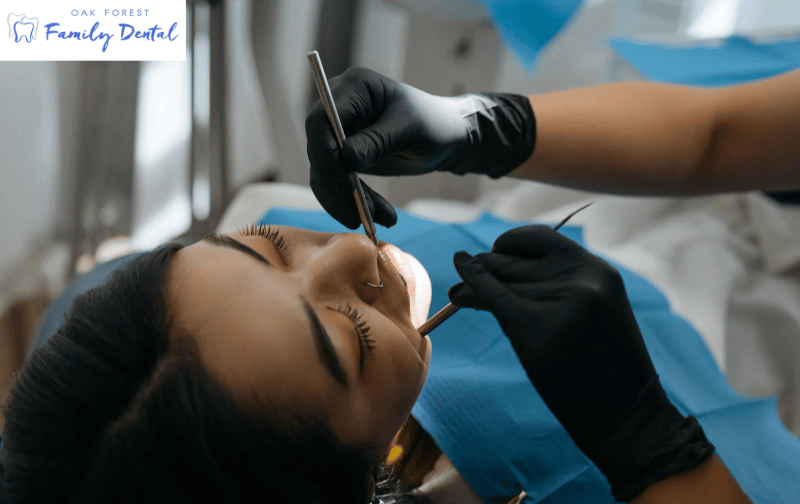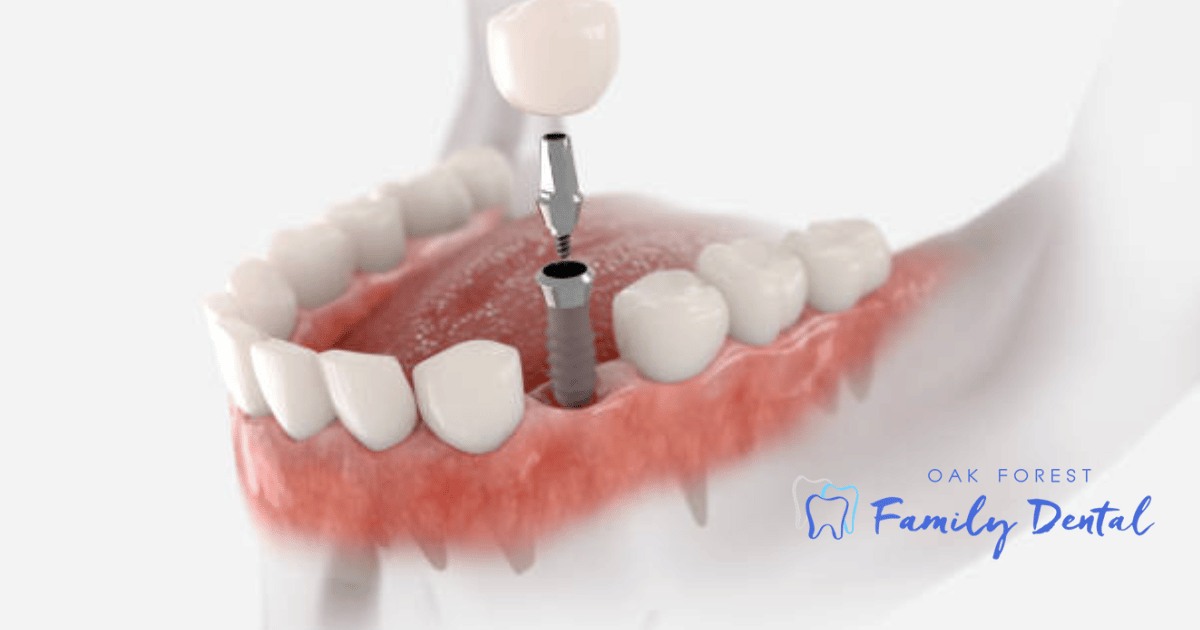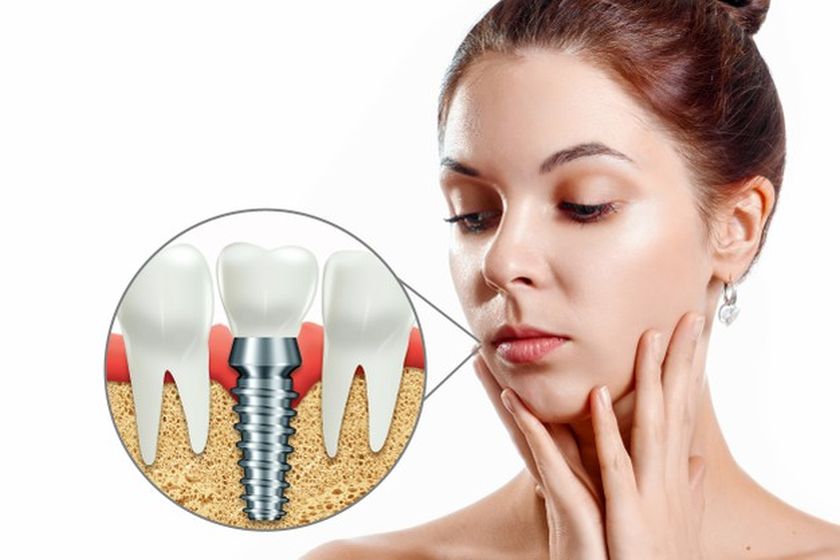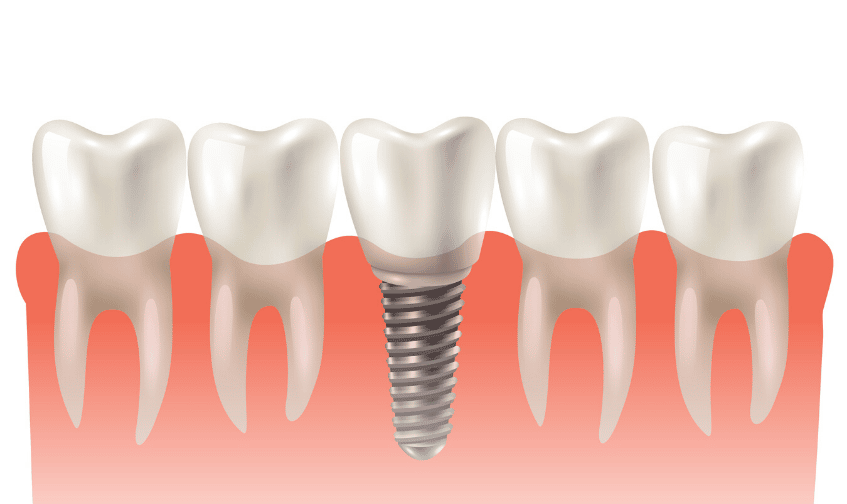Dental implant surgery is a major step toward restoring balance and health in your mouth. But it’s important to remember that post-surgery, you must take special dietary steps to ensure the implant site remains healthy and strong.
In this article, we’ll discuss some of the best dietary options for dental implant surgery in Oak Forest, IL. We’ll also highlight advice from implant dentists on what to include and avoid in your post-surgery diet.
What to Eat After Dental Implant Surgery?
Protein-Rich Foods
The implant dentist in Oak Forest may recommend eating protein-rich foods after dental implant surgery. Protein helps build and repair tissues in the implant site, so it is important to get plenty of it during your recovery period. Good sources of protein include fish, poultry, eggs, nuts and nut butter, tofu, and other plant-based proteins.
Calcium-Rich Foods
Your implant dentist in Oak Forest may also recommend incorporating calcium-rich foods into your post-surgery diet. Because implant sites need calcium and other minerals to heal, it’s important to fill up on foods like fortified milk, yogurt, cheese, sardines, canned salmon with bones, and leafy green vegetables.
Foods High in Iron
Your implant dentist in Oak Forest may also advise that you include iron-rich foods into your post-surgery diet. Iron helps build new tissues, so it’s important to include iron-rich foods such as liver, red meat, kidney beans, and other legumes, dark leafy greens like spinach and kale, and fortified cereals into your diet.
What Not to Eat After Dental Implant Surgery?
Avoid Sugary Foods
Your implant dentist in Oak Forest will advise you to avoid sugary and starchy foods, as they can cause inflammation around the implant site. Additionally, these foods can contribute to tooth decay, which is a risk factor for implant failure. Avoid candy, sugar-sweetened beverages, cakes, and other high-sugar treats.
Say No to Hard and Crunchy Foods
Your implant dentist in Oak Forest may also advise you to stay away from hard and crunchy foods, such as nuts, popcorn, chips and ice cubes. These foods can place unnecessary pressure on implant sites and cause implant failure.
Avoid Acidic Foods
Finally, implant dentists in Oak Forest recommend avoiding acidic foods and drinks, such as tomatoes, oranges, lemons and certain canned fruit juices. These can cause a decrease in pH levels around implant sites, which can increase implant failure risk.
The Bottom Line
Dental implant surgery can be a step towards restoring balance and health to your mouth. By following the dietary advice of implant dentists in Oak Forest, IL, you can ensure that your implant site is able to heal properly and remain healthy and strong.
Be sure to eat plenty of protein-rich foods, calcium-rich foods and iron-rich foods while avoiding sugary, hard and crunchy foods and acidic foods. By doing so, you can ensure a successful implant surgery result.
If you’re looking for implant dentists in Oak Forest, IL, contact us today to schedule an appointment. We look forward to helping you get the smile of your dreams!




